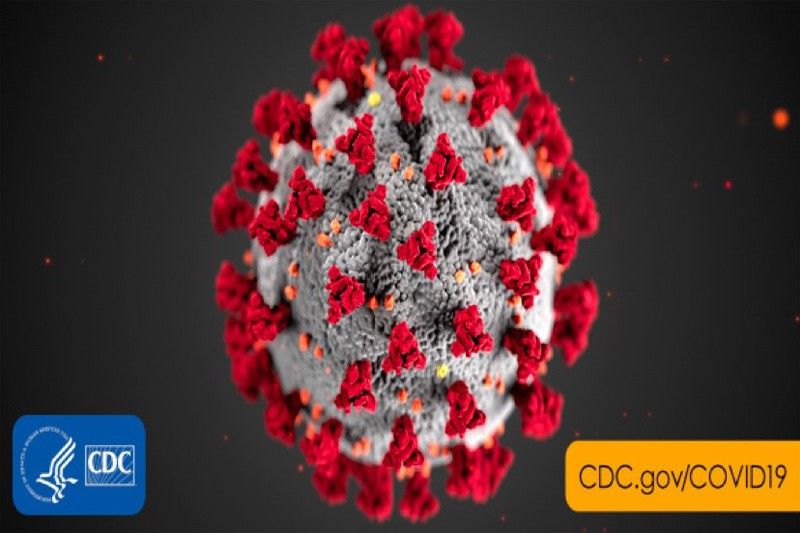How smoking, vaping may worsen COVID-19 infections

MANILA, Philippines — Doctors and many other health professionals are working hard to treat COVID-19 patients.
Everyone can help through handwashing and staying at home. Another important measure is to refrain from smoking or vaping.
Here are three reasons why:
1. Smoking doubles the risk of developing respiratory infections
In one study1, 391 healthy volunteers had one of five respiratory viruses, including a coronavirus, dropped in a liquid into their noses. The volunteers who smoked were twice as likely to develop an infection, as those who did not smoke.
Smoking is known to weaken the immune system and the body’s ability to fight infections.2
2. Smoking doubles the risk of getting sicker from COVID-19
In a review of five studies published to date3, smoking is most likely associated with getting sicker with COVID-19.
In the largest study of 1099 people with COVID-194, people who smoke were 2.4x more likely to get really sick (e.g. admitted to an intensive care unit, needing mechanical ventilation, dying) compared to those who did not smoke.
Smoking can cause chronic obstructive pulmonary disease (COPD) and other health problems that may contribute to serious illness. Quitting smoking helps your health if you have COPD or heart disease.5
3. Vaping also harms lung health
Growing evidence suggests that aerosol from vaping devices can harm the lungs at the cellular and organ levels and can also worsen the body’s ability to fight respiratory infections.6
The recent outbreak of e-cigarettes, or vaping-associated product lung injury, predominantly affecting young people, is still a major public health concern.7
Get free help
While it’s a difficult time, it’s also a great opportunity to take control of your health. The ASQ Korean Smoking Cessation Center is here to support, whether or not it’s your first attempt at quitting.
Counselors will help you or your loved ones develop a personalized quit plan by phone. Work through stress and anxiety with caring professionals as you adopt ways of quitting smoking and vaping. The counselors can also talk with you about over-the-counter medications like nicotine patches, gums, or lozenges to help manage cravings.
Keep a smoke-free home to protect others as well. Secondhand smoke worsens lung health for nonsmokers, especially children. If you are a nonsmoker, contact the ASQ Korean Smoking Cessation Center to find out how to help someone you love quit smoking or vaping.
Being smoke and tobacco-free is as important as washing your hands and covering your cough for your health and the health of your family and our community.
References:
1. Cohen S, Tyrrell DA, Russell MA, Jarvis MJ, Smith AP. Smoking, alcohol consumption, and susceptibility to the common cold. Am J Public Health. 1993;83(9):1277-1283.
2. U.S. Department of Health and Human Services. The Health Consequences of Smoking: 50 Years of Progress: a Report of the Surgeon General. Atlanta, GA: US Department of Health and Human Services, Centers for Disease Control and Prevention, National Center for Chronic Disease Prevention and Health Promotion, Office on Smoking and Health;2014.
3. Vardavas C, Nikitara K. COVID-19 and smoking: A systematic review of the evidence. Tobacco Induced Disease. 2020;18:20.
4. Guan WJ, Ni ZY, Hu Y, et al. Clinical Characteristics of Coronavirus Disease 2019 in China. N Engl J Med. 2020.
5. U.S. Department of Health and Human Services. Smoking Cessation. Atlanta, GA: U.S. Department of Health and Human Services, Centers for Disease Control and Prevention, National Center for Chronic Disease Prevention and Health Promotion, Office on Smoking and Health;2020.
6. Gotts JE, Jordt SE, McConnell R, Tarran R. What are the respiratory effects of e-cigarettes? BMJ. 2019;366:l5275.
7. King BA, Jones CM, Baldwin GT, Briss PA. The EVALI and Youth Vaping Epidemics - Implications for Public Health. N Engl J Med. 2020;382(8):689-691.




















